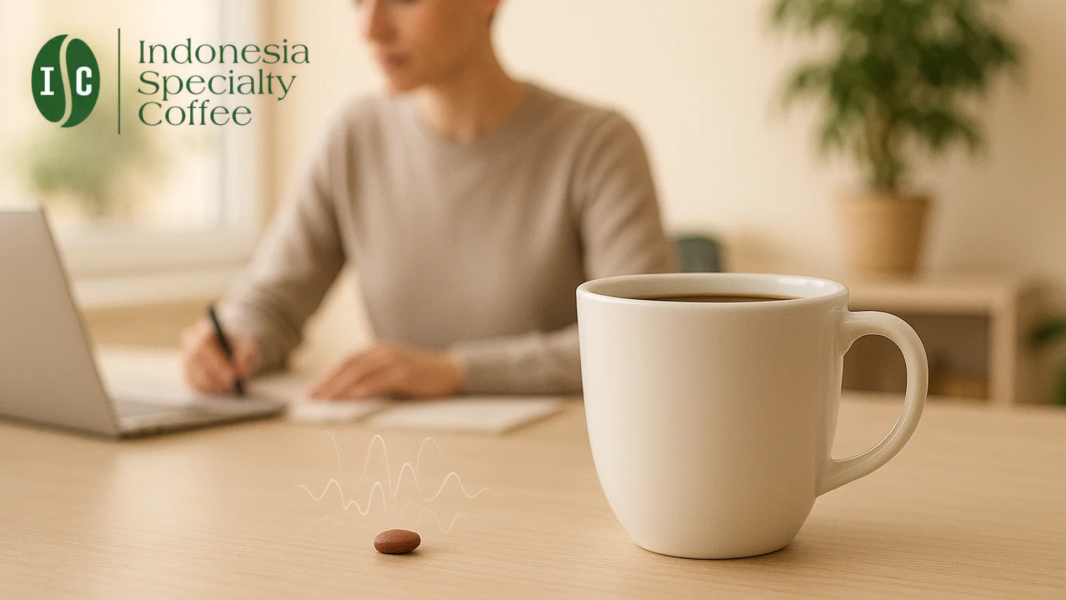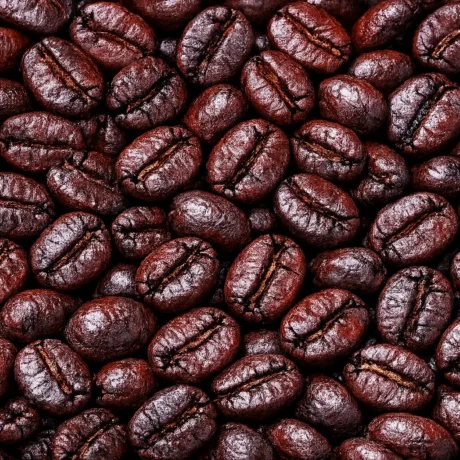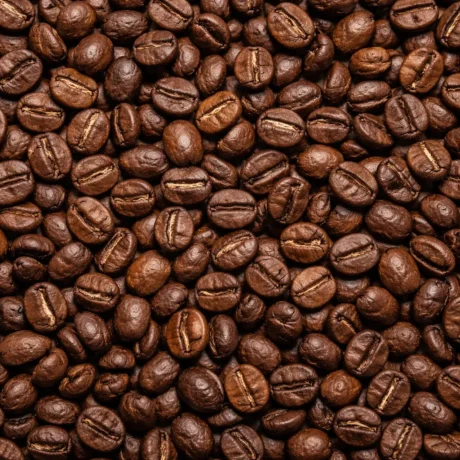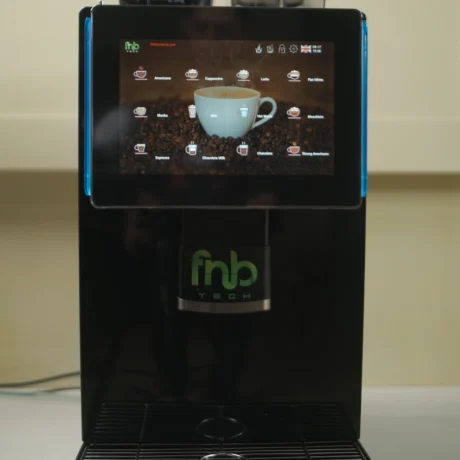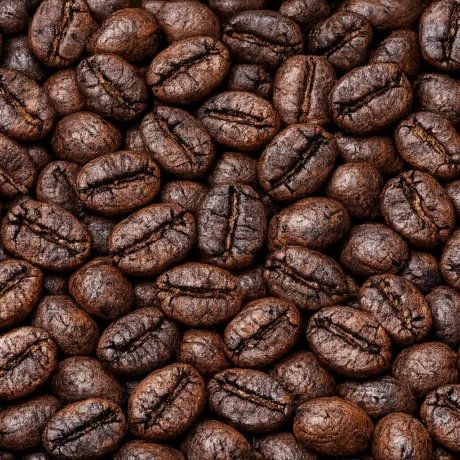Introduction: When a Cup of Coffee Feels Like Too Much
Have you ever felt like your morning coffee gives you just enough energy to crash harder by noon? You’re not alone. For many, caffeine is both a lifeline and a rollercoaster ride. But there’s a quieter, smarter alternative making waves in both the biohacking and wellness communities — microdosing caffeine.
Microdosing caffeine isn’t about drinking less coffee. It’s about using tiny, controlled doses to stay sharp, alert, and balanced — without the jitters, anxiety, or crash. And it might just be the mental performance upgrade your life is missing.
What Is Microdosing Caffeine, Really?
Think of it like sipping energy, not chugging it. Microdosing caffeine involves consuming very small doses — usually between 5–15 mg — several times throughout the day instead of one big 80–200 mg hit from a cup of coffee. It’s a strategy inspired by microdosing psychedelics, where the goal isn’t to feel high or hyper — it’s to feel in control.
Many people report enhanced focus, emotional stability, and cognitive flow with this method — benefits also explored in studies on microdosing psilocybin and caffeine combinations at social events.
Why Are People Switching to Caffeine Microdosing?
Let’s face it — our relationship with caffeine is intense. We crave it, we rely on it, but it also messes with our sleep, mood, and productivity. Here’s why microdosing offers a better balance:
- ✅ Smoother energy — no more caffeine crashes
- ✅ Improved focus without overstimulation
- ✅ Better sleep due to reduced total intake
- ✅ Less anxiety and irritability
- ✅ Sustained mood and mental clarity
A 2022 study on microdosing psychedelics and caffeine found that even at low doses, people reported feeling more socially connected, focused, and energized — without overwhelming psychological effects.
How Microdosing Caffeine Works in Your Brain
Caffeine operates by blocking adenosine, the chemical responsible for signaling fatigue. But in large doses, it also floods your system with adrenaline — triggering that familiar “buzz” and, later, a crash.
Microdosing avoids this by:
- Gently stimulating your central nervous system
- Maintaining stable dopamine levels (for motivation and pleasure)
- Reducing the risk of overstimulation and adrenal fatigue
Think of it like driving in eco mode — same destination, smoother ride.
How to Microdose Caffeine (Without Losing Your Mind)
Wondering how to get started? Here’s a simple guide:
Step 1: Switch to caffeine tablets or very light coffee/tea
- Try doses between 5–10 mg every 2–4 hours
- Avoid exceeding 50 mg total daily
Step 2: Use timers and tracking apps
- Apps like “Caffeine” or “MyFitnessPal” can help manage intake
- Stay consistent to build a rhythm
Step 3: Listen to your body
- If you start feeling jittery, anxious, or tired — scale back
- The key is subtlety: you shouldn’t feel a “rush”
Microdosing Caffeine vs Traditional Coffee Habits
| Aspect | Traditional Coffee | Microdosing Caffeine |
|---|---|---|
| Energy | Sudden spike, crash later | Smooth, sustained boost |
| Mood | Can cause irritability | Stabilizes emotional tone |
| Sleep | Often disrupted | Less likely to interfere |
| Productivity | Bursts of focus | Consistent output |
Just like using the right coffee-to-water ratio makes a better brew, using the right caffeine ratio makes for a better day.
The Mental Wellness Connection: More Than Just Energy
Emerging research suggests that microdosing caffeine can support psychological flexibility and even emotional resilience — especially when combined with mindfulness, movement, or even adaptogens.
In fact, studies on psilocybin microdosing show participants not only gained mental clarity but also a deeper sense of purpose and connectedness — two markers of improved well-being. This echoes the benefits of drinking coffee mindfully, as seen in cultural rituals around Sumatra coffee or French press brewing.
So maybe it’s not just about staying awake — it’s about waking up to life.
Ready to Try? Start Small. Stay Curious.
Microdosing caffeine isn’t a magic bullet — but it’s a smart shift. You won’t feel high. You won’t feel wired. But you might feel clearer, calmer, and more in control.
If you’re already experimenting with different coffee types or trying to balance productivity with wellness, this could be your next move. And if you’re interested in extending the aroma and life of your coffee beans, check out this guide to storing beans properly.
Final Sip: Is Microdosing Caffeine for You?
Ask yourself:
- Do I want sustained focus without the crash?
- Do I feel jittery or anxious after coffee?
- Am I seeking better mental clarity and well-being?
If the answer is “yes,” microdosing caffeine could be the gentle boost you need.
What if the secret to peak performance wasn’t in more — but in less?

